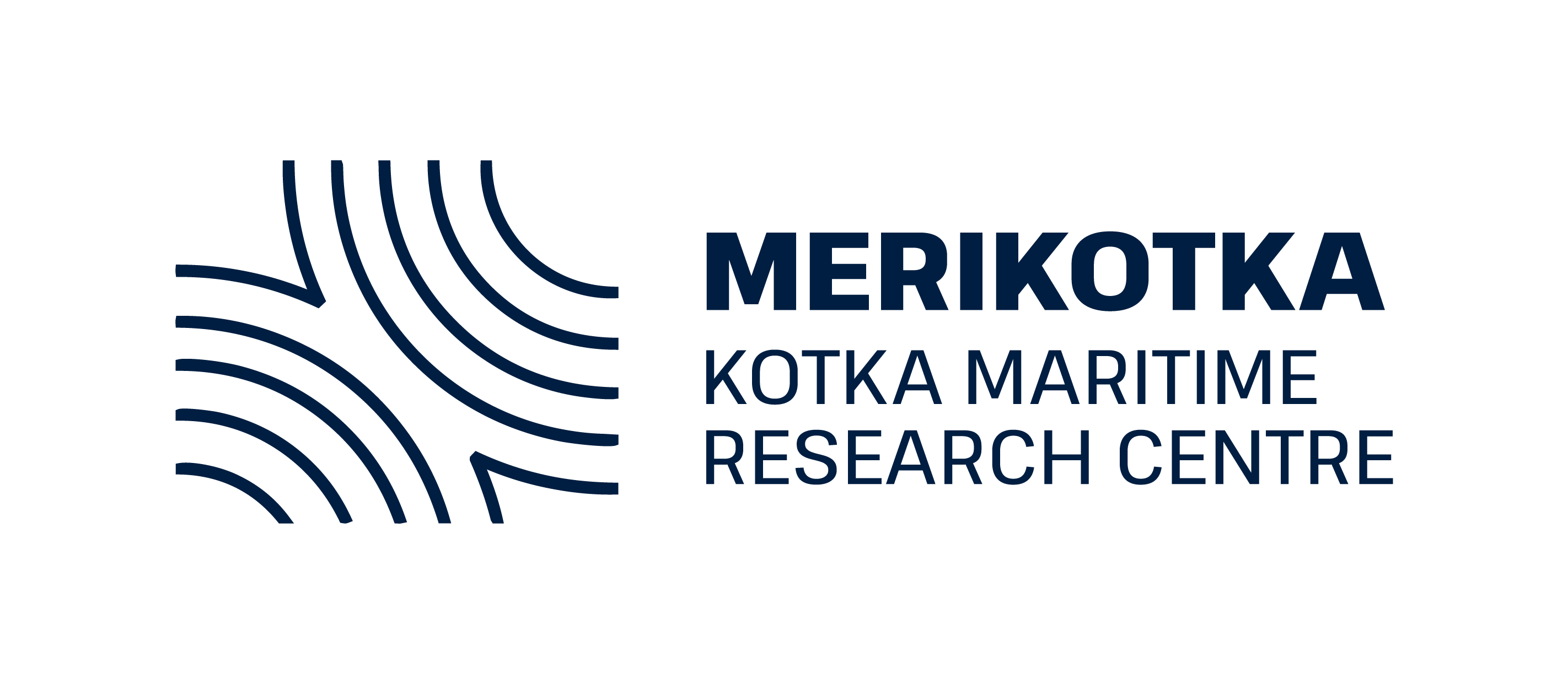The realization and social impact of the DigiPort project can be assessed through four themes, the third of which is presented here.
Theme 3: Opening and publishing data
The project developed a policy for port authorities to open and publish data on port infrastructure. Initially, the information needs of the port users were identified. An attempt was then made to find a working method of cooperation to support the opening of data from pilot ports (HaminaKotka and Turku). The management of the port companies was given guidance and recommendations on how to proceed with the mapping exercise. The intention was to progressively open up the data sets with the greatest potential for exploitation. In addition, material already in the public domain at the ports was mapped. Technical information on port infrastructure, i.e. roads, railways, waterways, structures, areas, networks, etc., is already publicly available on the internet. Only publishing as open data gives the port authority control over the accuracy of the information. The description or metadata of the data can influence the correct use of the data.
An Excel-based tool for port data inventory listing was developed. It was triggered by operational problems detected in ports, where data reserves could serve as a raw material for developing solutions. The problems were formulated on the basis of the results of workshops held in Kotka and Turku. The pilot ports made the listings, which served as a basis for reflection on the material to be opened. During the mapping of the data it was noticed that the infrastructure information of the port is scattered and organized in different information systems in the organizations. Information can be found in both paper and digital formats in personal folders and workstations.
Open source requires a publishing platform to make the data and its metadata available to application developers and other users. The materials were stored in a data catalogue located on the database server created for the project, where they can be utilized. The server, software and related peripherals were installed as a thesis at Xamk. The actual deployment was made by Xamk’s ICT management. A domain name, www.datasatama.fi, was opened for the service. This created the world’s first data catalogue focusing on port information. At the end of the project, the data catalogue contains infrastructure data opened by the ports of HaminaKotka and Turku, as well as links to the materials of the Finnish Transport Agency and the Finnish Meteorological Institute. The social impact of the theme is the emergence of a new operating model and the opening up of port infrastructure information for application and software developers. This will enable the development of new digital services for ports that can improve the flow, performance, security and environmental friendliness of ports.












